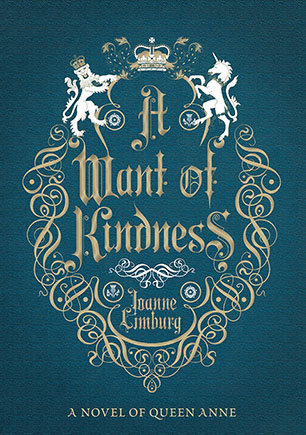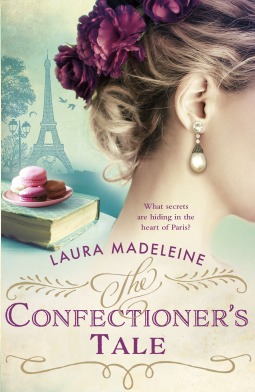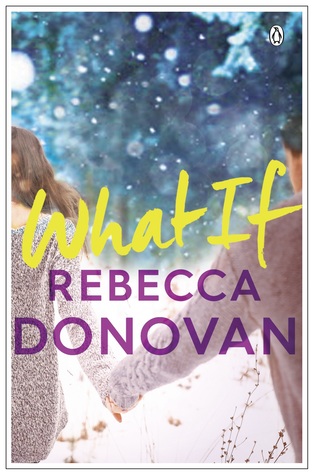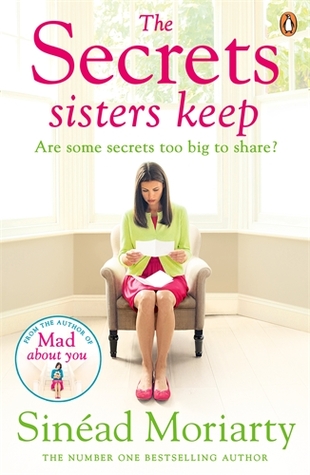Today I am delighted to introduce
Sharing her thoughts
on
 |
| Atlantic Books 2015 |
Joanne ~ A huge welcome to Jaffareadstoo.
How long have you been writing and what got you started?
Until I was nine, I thought I wanted to be a scientist, but then I wrote a poem at school that really impressed my teacher, so I changed my mind and decided that I wanted to be a writer instead. I’ve been writing in one form or another ever since.
When I was in my early 20s, I took a writing course with the Open College of the Arts and it was the poetry I enjoyed most, so I began to apply myself seriously to reading it and learning how it was done. I published my first poem in a magazine when I was 25. That would be twenty years ago now.
What can you tell us about A Want of Kindness that won’t give too much away?
A Want of Kindness is a novel about Queen Anne’s life in the years before she came to the throne. She is ten when the book opens, and in her mid-30s at the end. The narrative follows her as she grows up, makes friends, marries, has children and also – sadly – loses children. By the time Anne became Queen, she had lived through the reigns of her uncle, Charles II and her father James II, as well as the ‘double-bottomed’ reign of her brother-in-law William of Orange and her sister Mary.
Mary and Anne grow up in a slippery Court world, a world of moral contradictions. On the one hand, they are expected to honour their father James, and to show loyalty to him when he becomes King; on the other hand, they are taught to revile his religion, Catholicism, and to believe that a Catholic monarch can never be trusted. Mary is then married off to William of Orange, a staunchly protestant opponent of the most powerful of all Catholic monarchs, Louis XIV. When James becomes King and his second, Catholic wife, gives birth to a son who could displace the Protestant sisters in the succession, Anne is faced with a difficult moral choice.
In your research for the book did you come across anything that surprised you?
I was used to thinking of Anne as a Stuart afterthought, a rather passive character who became Queen simply because William died and it was her turn. And it is true that she is not obvious protagonist material: she is an ordinary-looking, ordinarily intelligent, poorly-educated woman, too shy and short-sighted to participate very actively in Court life; if she has any force of character, it lies not in her ability to act, but in her stubborn resistance to the actions of others.
What drew me to her in the first place was her history of pregnancy loss, which was something I and many other women I know have experienced: I wanted to find a way to explore this in my writing, and the 300-odd years that came between Anne’s birth and mine offered a safe buffer for me (and for readers) which I thought would allow to deal with this upsetting subject matter. At this point, the book I thought I was planning was a non-fiction book called Anne’s Babies, about the history of obstetrics, pregnancy loss and women’s health.
But then I began to read Anne’s story, and I was surprised to find that – like so many other people – I had underestimated her: what I found was a complex woman who played a quiet but decisive role in the events which would ensure that her Catholic half-brother could never become King. The strength of her passion – for her children, her husband, her friend Sarah Churchill, for the Anglican Church – made a powerful impression on me and made me want to learn more about, not only what happened to her, but also how she experienced what happened. Which meant I would need to take on her perspective in the writing. Which meant that I had to surprise myself by writing a novel.
What would you like readers to take away from the story?
That just because a woman is short-sighted, overweight, sickly and hesitant, it doesn’t mean she can never be the protagonist of her own story. That the birthing chamber was always women’s field of battle and the struggles they experienced in it deserve to be commemorated, as do the lives of the children they lost. And that coming to terms with our lives as we get older – what’s happened to us, what we’ve done – is hard, hard work.
Have you been inspired by any particular era, author or book?
The obvious one is Wolf Hall – it came out just as I was beginning to research the book, and it reminded me just how much historical fiction can do. Other biographical novels that have inspired me to try harder are The Blue Flower by Penelope Fitzgerald and Janice Galloway’s Clara.
I, Claudius was encouraging as it told the story of a dynasty through the eyes of an apparently unpromising character.
Georgette Heyer deserves a mention too. I grew up reading her books and I learned a lot from the way she would site her characters in their historical and material context and make sure they stayed in it.
But my favourite fiction writer has to be Muriel Spark. When I write fiction, I’m always asking myself, subconsciously: What Would Muriel Do?
What’s next ?
At the moment, I’m working towards a PhD in Creative Writing, writing a memoir and a critical piece to accompany it – very different from A Want of Kindness! I’m also hoping that my third poetry collection for adults will come out in the next two years.
But I do plan to return to Anne, in due course…
Find Joanne on her website
Follow her on Twitter @JoanneLimburg
Huge thanks to Joanne for her thoughtful answers to my questions and also to Karen Duffy at Atlantic Books for her help in organising this interview.
~***~



















